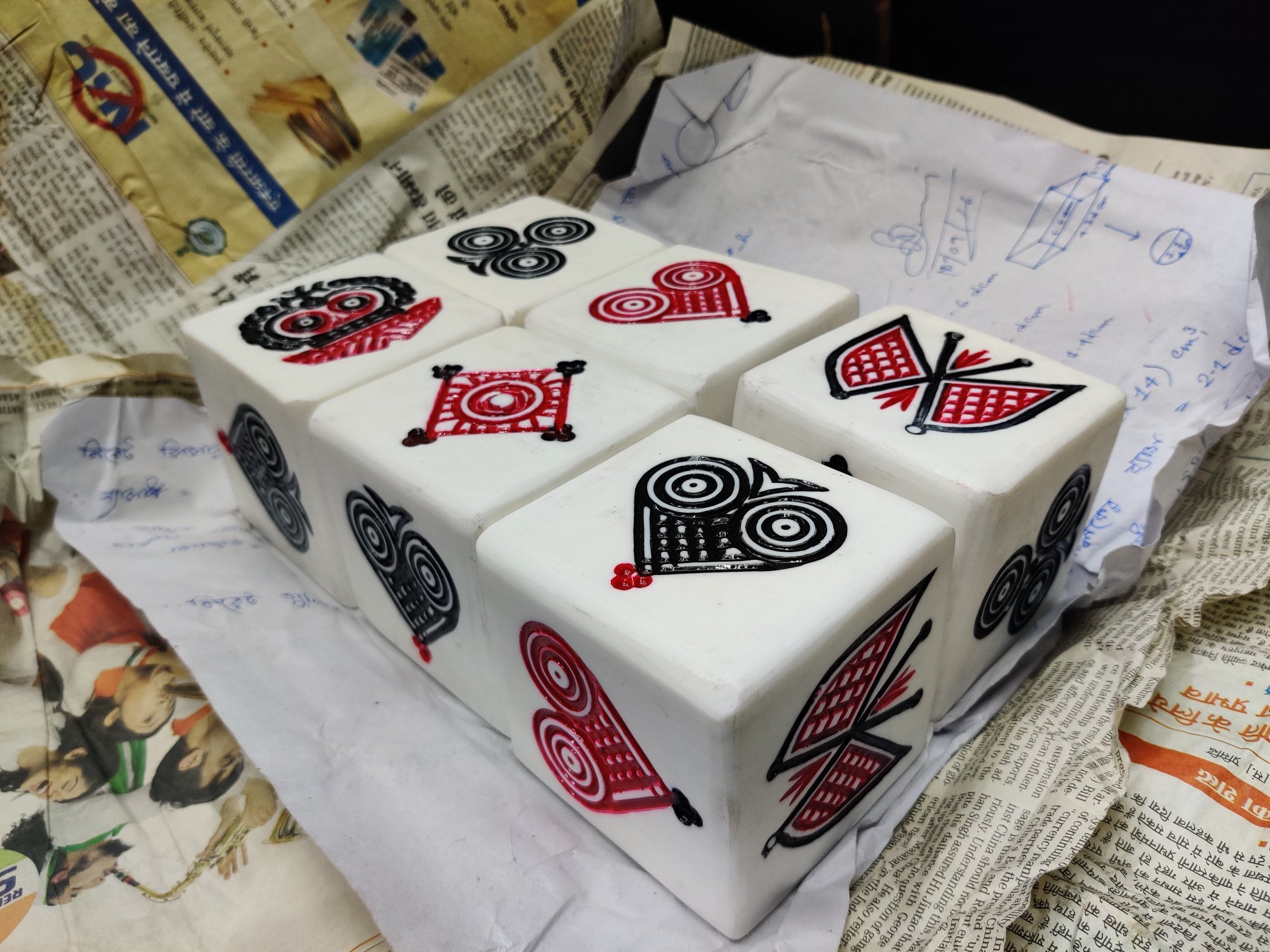The Rich History and Cultural Significance of Jhandi Munda
Introduction
Jhandi Munda, a traditional game rooted in India, has stood the test of time, captivating players for generations. It’s more than just a game—it carries deep cultural meaning and reflects the spirit of community and celebration. Let’s explore the origins, the role it plays in festivals, and why it continues to be popular today.
Origins of Jhandi Munda
Jhandi Munda originated in the northeastern regions of India, particularly in Assam and Arunachal Pradesh. Its history dates back to ancient times when it was a favorite pastime for villagers during social gatherings. The game was initially played on hand-drawn boards, with makeshift dice crafted from wood or stones. Over time, Jhandi Munda evolved into a more organized and widely played game across India.
How Jhandi Munda is Played
Jhandi Munda is simple yet exciting. The game uses six dice, each side marked with different symbols, including a flag, a face, and a fish, among others. Players place their bets on the symbols, and when the dice are rolled, the outcome determines the winner. What makes Jhandi Munda fascinating is its unpredictability, which adds an element of thrill and suspense.
Jhandi Munda in Cultural Festivals
Jhandi Munda holds a significant place in many cultural festivals, particularly in the northeastern parts of India. It is commonly played during Diwali, Durga Puja, and other local festivals, where it brings together communities to engage in friendly competition. The game is often accompanied by songs, dances, and feasts, symbolizing the joy of collective celebration. Its presence at these festivals shows how deeply it is intertwined with the cultural fabric of the region.
Symbolism in Jhandi Munda
The symbols on the dice in Jhandi Munda carry more than just aesthetic value. Each symbol represents different aspects of life, and local traditions often attribute meanings to them. For instance, the flag is seen as a symbol of victory, while the fish might signify prosperity. This adds a layer of depth to the game, making it not just a form of entertainment but also a reflection of the players’ hopes and beliefs.
The Evolution of Jhandi Munda
As technology advanced, so did Jhandi Munda. With the rise of online gaming platforms, Jhandi Munda has made its way to digital versions, allowing a broader audience to experience the thrill of this traditional game. Many gaming apps now offer Jhandi Munda as a feature, keeping its spirit alive while introducing it to younger generations. However, the essence of the game remains unchanged, continuing to foster the sense of community that it has always been known for.
Why Jhandi Munda Continues to Thrive
Jhandi Munda’s enduring popularity can be attributed to its simplicity, cultural significance, and the excitement it brings to both players and spectators. Whether played in small village gatherings or on online platforms, the game transcends time and continues to bring people together. It’s not just about winning or losing, but about sharing moments of joy and tradition with others.
Conclusion
The history and cultural significance of Jhandi Munda demonstrate that it is far more than just a game. It’s a reflection of India’s rich cultural heritage, symbolizing unity, celebration, and tradition. As it continues to evolve and adapt to modern times, Jhandi Munda remains a beloved game that holds a special place in the hearts of many.















